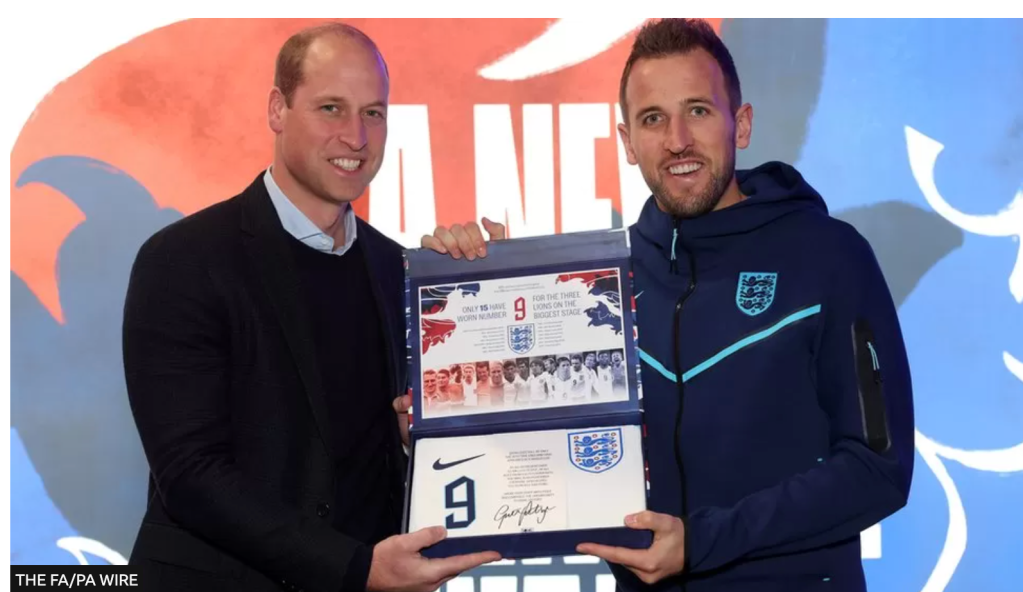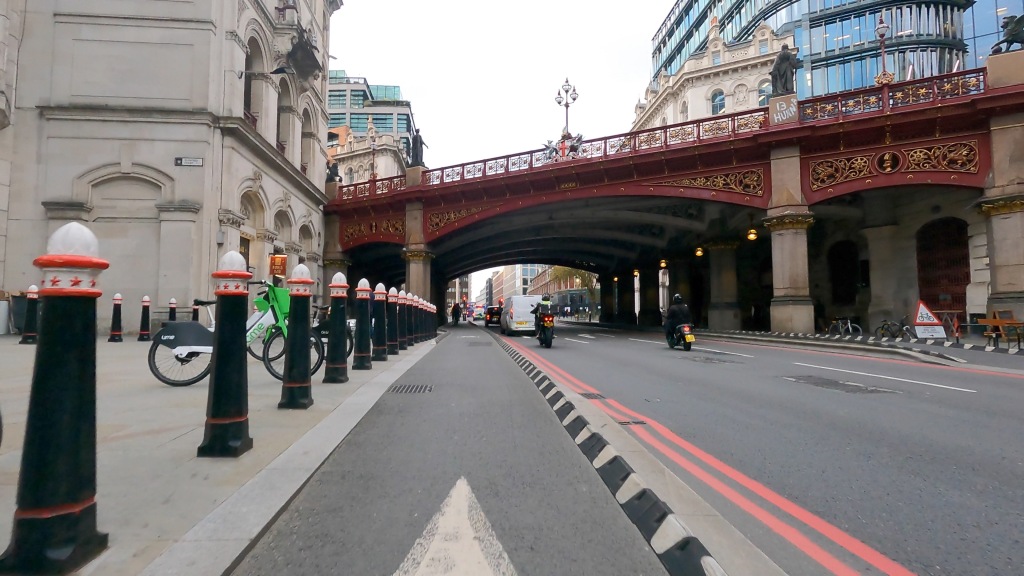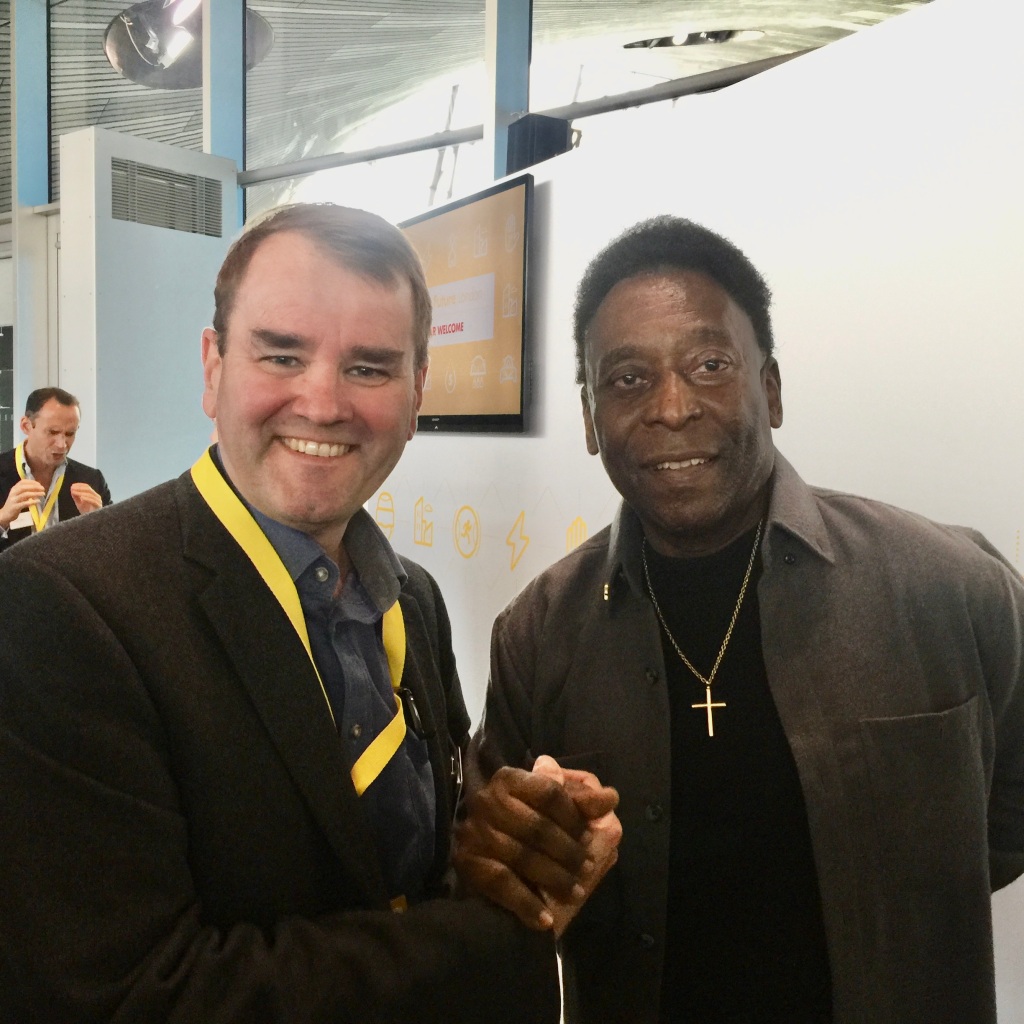
It’s taken a lifetime. Cymru (Wales) tonight play our first game in the FIFA men’s World Cup finals since Pele knocked us out of the 1958 tournament in Sweden. Pele was 17 years old at the time. He’s now 82. But more on Brazil’s greatest legend later.
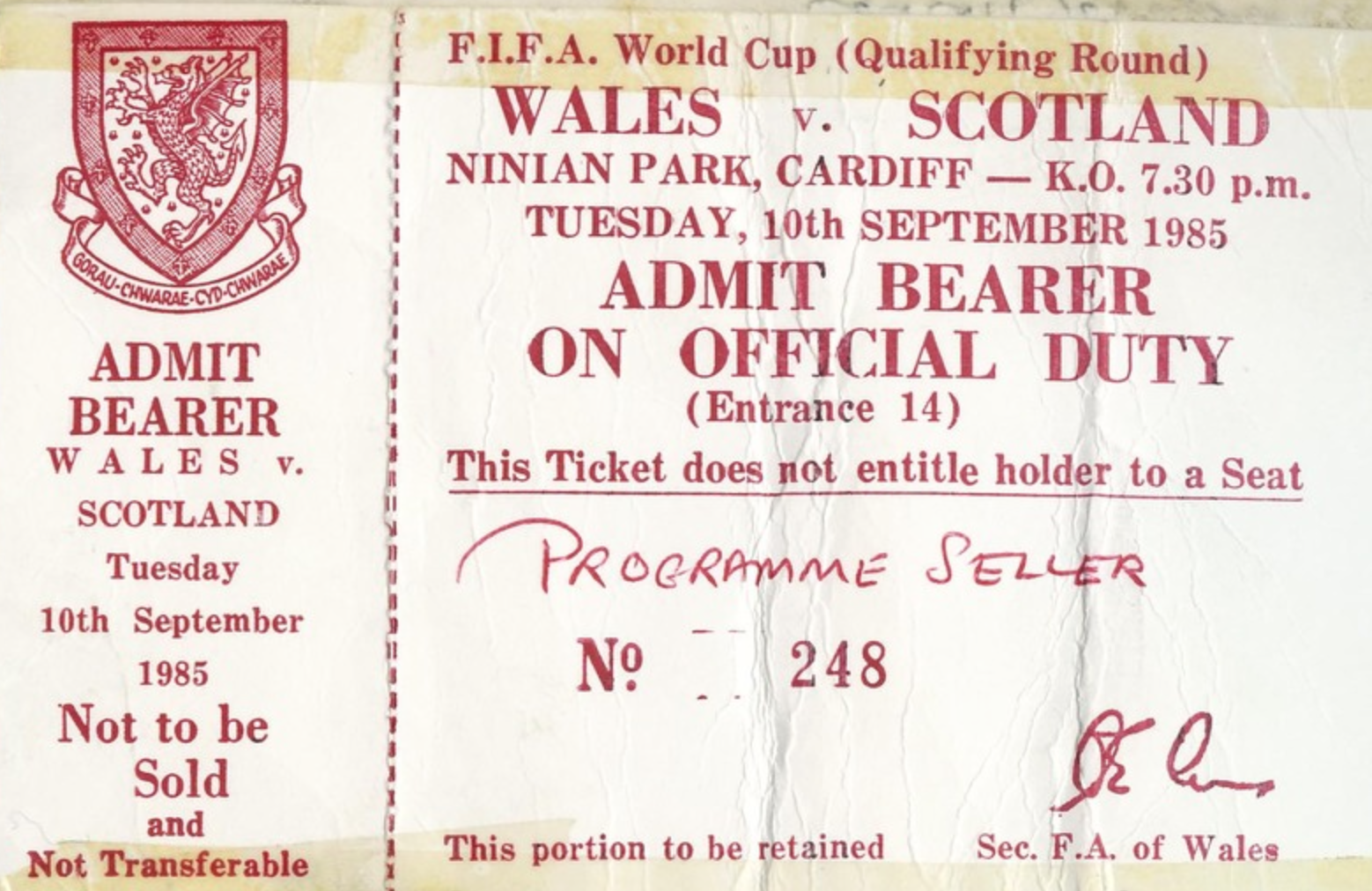
We’re used to heartache and disappointment. I was selling programmes at Ninian Park on the night in 1985 when Scotland denied Wales a place at the 1986 World Cup. I was standing on the touchline with my friend Anthony Beer watching the drama as Wales took the lead early in the game. We seemed to be heading for Mexico until Scotland equalised in the second half. But the drama didn’t end there. As the game ended and we left the ground we saw an ambulance arriving to take Scotland manager Jock Stein to hospital. The legendary coach had collapsed as the game ended, and sadly died that evening.
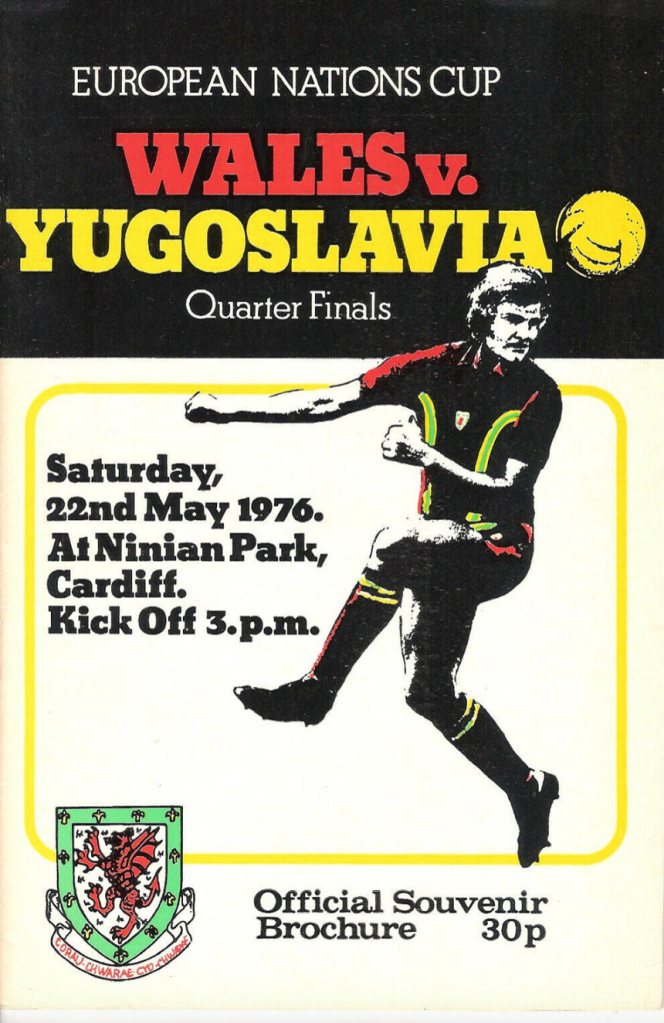
That wasn’t the first time I’d experienced heartache following Wales. In May 1976 I saw us lose narrowly to England in the old British home international tournament, grabbing the autograph of Southampton’s FA Cup giant killing manager Lawrie McMenemy as a slight consolation. Just weeks later I was back in Ninian Park for the home leg of Wales’s quarter-final against Yugoslavia in the European Nations Cup 1976. We needed to win after losing the first leg, but a draw that day in Cardiff saw us knocked out, a disappointment mixed with shame as hooligans invaded the pitch and pelted the referee with coins. (I watched the scenes with a sinking feeling.) Wales were banned from playing at home, and so the next disappointment, defeat to Scotland in the 1978 World Cup qualifier, took place in Liverpool.
C’mon Cymru!
The great Welsh footballing resurgence began with Euro 2016 in France, when we exceeded everyone’s expectations and reached the semi-finals, losing narrowly to Portugal. The highlight of that campaign was a magnificent 3-1 win over Belgium, with magical goals by Williams, Robson-Kanu and Vokes putting Cymru through to the semis. We also reached the delayed Euro 2020 finals.
All credit to the Wales FA, who have been masterful in linking the national football team with our identity as a nation. It uses the Welsh name Cymru for the team, and brilliantly adopted Dafydd Iwan’s 1980s protest song Yma O Hyd (‘Still Here’) as a second anthem to inspire the team and fans alike. The eve-of-tournament Yma O Hyd video used footage of defining moments in modern Welsh history including the destruction of Welsh village of Tryweryn for a reservoir for Liverpool, the Aberfan tragedy of 1966 and the 1984-5 miners’ strike.
Wales take on the United States in the first game of the campaign. Just think: a nation of three million taking on one with 331 million people! Wales is the second smallest country in the tournament after hosts Qatar.
The tainted tournament
This is one of the most controversial World Cup finals. Back in 2010 many were shocked that FIFA had awarded the tournament to a country with no footballing tradition. The finals are happening in November as Qatar is too hot for football during the normal summer slot. Still worse is the host’s attitude to LGBT people, and women. Homosexuality is illegal in Qatar, while many migrant workers have suffered injury or death in the construction bonanza the world cup unleashed. The BBC chose to highlight criticisms of Qatar rather than show the opening ceremony yesterday. Today, Wales and England, alongside five other national football associations, abandoned plans for their captains to wear OneLove armbands promoting diversity and inclusion. They caved in after FIFA threatened to book the players, continuing FIFA’s shameful surrender to Qatar’s regime.
The spirit of 1958

I’ll end as I began, with Pele. The night before Wales played Belgium in that 2016 quarter-final I was lucky enough to meet Pele at an event in London, organised by Shell. He spoke eloquently about his work with deprived young people in Brazil. I mentioned that Wales was about to play a quarter-final for the first time since that Wales v Brazil match in 1958, and that he’d scored the winning goal that ended Wales’s World Cup. His eyes lit up as he recalled the tournament that made his reputation. It was a priceless moment.
May the spirit of 1958 light up Cymru’s 2022 World Cup campaign.
PS: Cymru drew 1-1 after Gareth Bale scored an emphatic penalty to level the scores. Ry’n ni yma o hyd!

